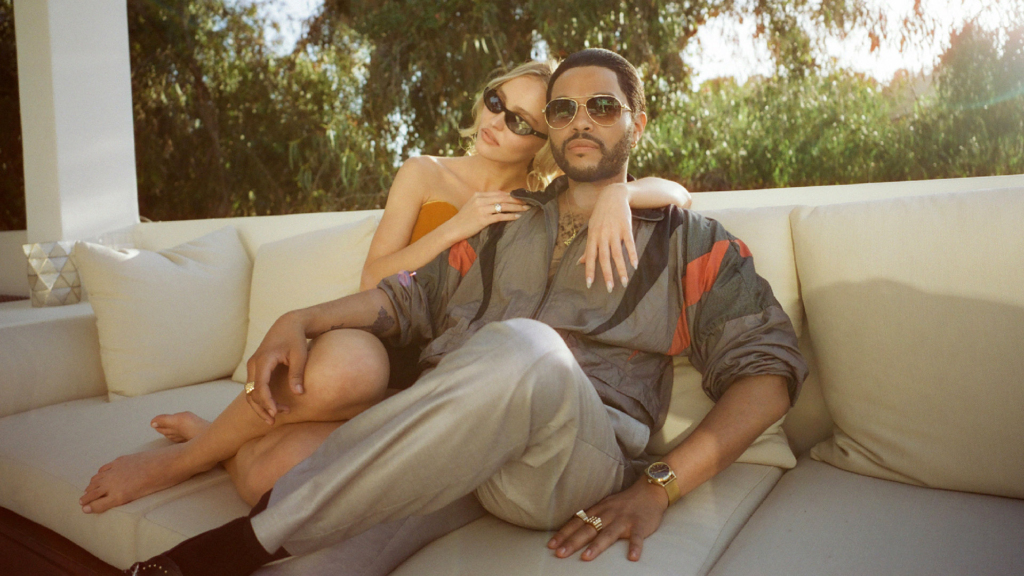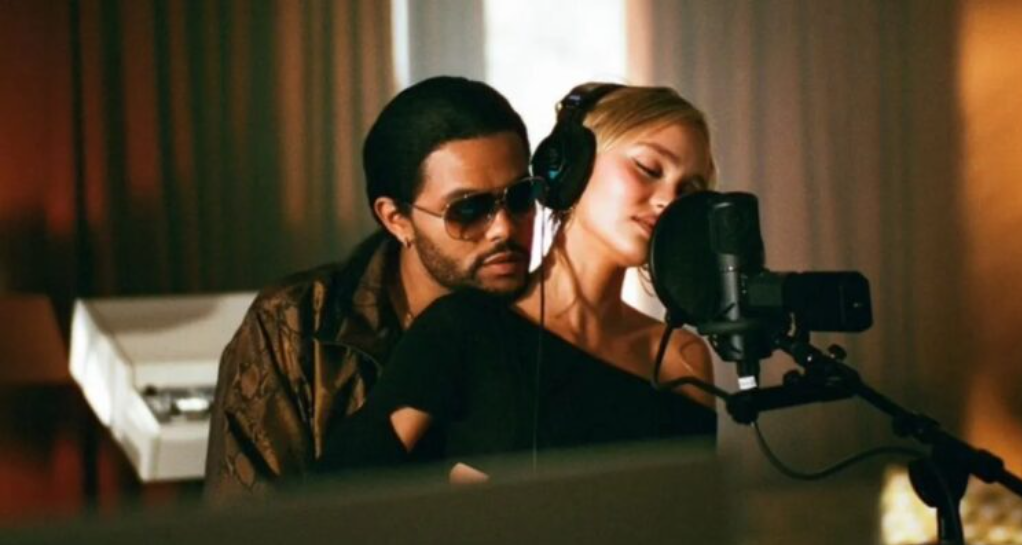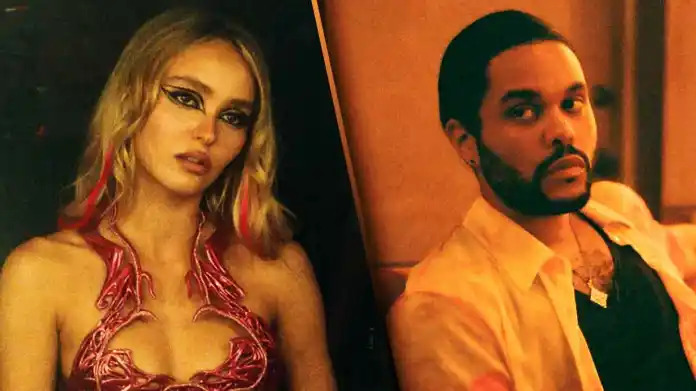The Idol was universally predicted to be the next great thing for prestige TV when audiences mourned the end of Succession in May. However, many viewers feel misled now that the show’s five episodes, which were cut from an initial six-episode run, have come to an end. After making such big claims, why was the show such a critical bomb?
The HBO series was pitched as a stylized indictment of contemporary success and poisonous culture in the music business. It follows struggling pop diva Jocelyn (Lily-Rose Depp) as she falls into the perilous arms of nefarious club owner Tedros (Abel Tesfaye).

Critics have instead referred to it as twisted torture porn as some viewers stopped watching after the second episode while others “hate-watched” the entire thing.
Its lackluster reception raises an important question about the status of television today: are we so oversaturated with new programming that shows are shamelessly drifting into controversial terrain just to avoid being missed?
The Idol is packed with prominent faces, including its creators, Euphoria director Sam Levinson and Grammy award-winning musician Tesfaye (aka The Weeknd). However, its flashy names consistently outshine the story.

It could have been interesting to see how the industry machine behind a falling star tries to revive her career (the first episode hinted at this storyline and showed the most promise), but instead, it chooses a weak plot that sexualizes trauma.
Both the tone and pace are chaotic. Jocelyn quickly falls under Tedros’s rat-tail spell, so much so that she lets him fire her longtime chef and friend. However, about three episodes later, she asks that he be completely removed from her professional life.
In just two episodes, Tedros himself transforms from a yelling, cocaine-snorting dictator to a clumsy, disheveled wimp.
By the time it’s all over, a Vanity Fair exposé makes him persona non grata. Although it is intended to seem like gratifying retaliation against a man who believed he had everyone under control, it instead arouses indifference. We don’t know Tedros, Jocelyn, Destiny, or Dyanne well enough to be concerned about where they end up.

It was best put by James Poniewozik, the chief TV critic for The New York Times: “In this era of smoothed-out TV mediocrity, you need pull to make a show this bad.”
Established artists and renowned directors can afford the risk of producing a show that reduces abuse to a hollow, hyper-stylized – and ultimately useless – performance. Although one failed attempt is unlikely to define their careers, it might change how people view modern TV.
Creators are scrambling to find methods to distinguish their material from the glut as intellectual property proliferates across streaming platforms, but going against the grain can occasionally backfire.
Have you seen the last episode of this TV series? What did you think of it? Go ahead and leave your thoughts on the comments section below. Wanna be in the know when it comes to Hollywood? Sign-up for our newsletter so you won’t miss out on the latest. Have a good one!





